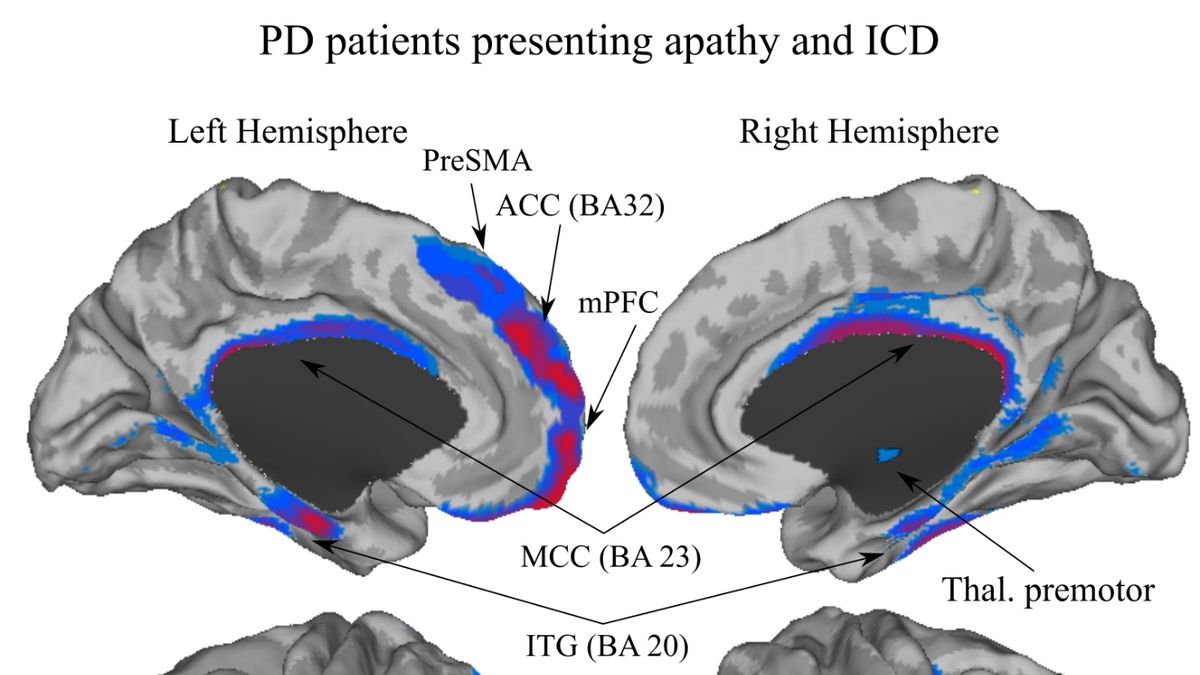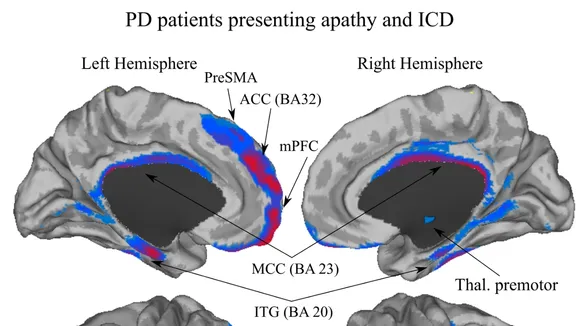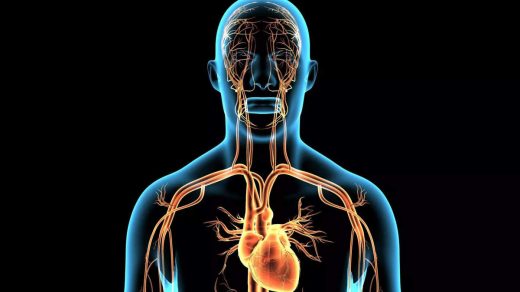
Today, a groundbreaking study is challenging our understanding of Parkinson’s disease. The research reveals an intriguing link between apathy and impulse control issues in patients diagnosed with this neurodegenerative disorder.
A Surprising Connection
Contrary to the prevailing belief that apathy and impulse control behaviors (ICBs) are independent and opposing, this new study suggests they often coexist in individuals with Parkinson’s. ICBs encompass a range of uncontrollable urges, from compulsive gambling to binge eating, while apathy is characterized by a lack of motivation.
Unraveling the Data
In their analysis of data from 422 newly diagnosed Parkinson’s patients, researchers found approximately one in four patients with ICBs also exhibited apathy. Similarly, nearly one in three patients with apathy also displayed ICBs.
Implications for Treatment
The findings carry significant implications for clinical practice. Patients who presented with both apathy and ICBs were more likely to suffer from severe nonmotor symptoms and over twice as likely to experience levodopa-induced dyskinesia compared to those without either behavioral disorder.
As we continue to unravel the complex tapestry of Parkinson’s disease, understanding the relationship between apathy and impulse control issues becomes crucial. This knowledge will not only enhance diagnosis but also pave the way for more effective treatment strategies.
Note: The information presented here is based on a study published on 2024-02-14. For a comprehensive understanding, please refer to the original research.
In the ever-evolving landscape of neurodegenerative disorders, every new discovery brings us one step closer to unlocking the mysteries of the human brain.



